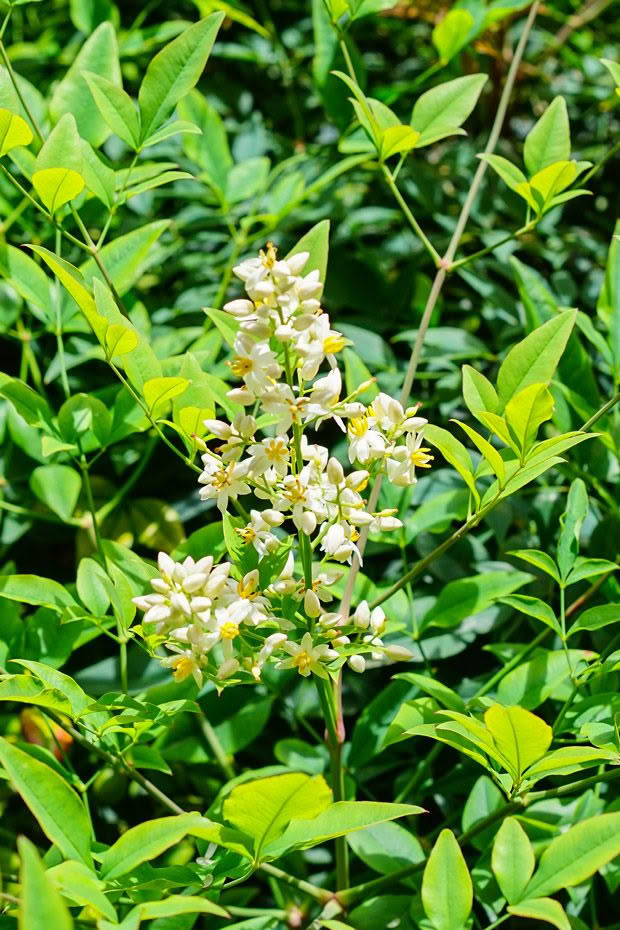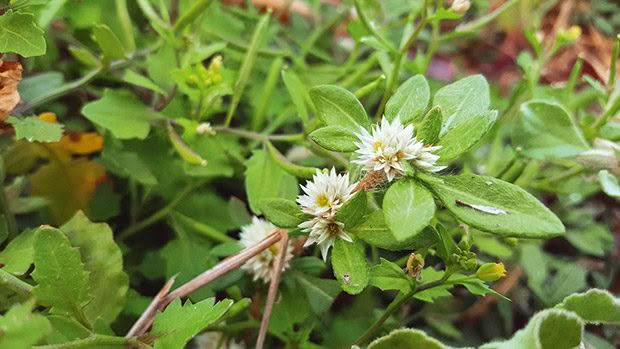Everything to know when looking out for alligator weed on your block + how to control it

Watch out for this weed, it can easily outcompete pasture and clog up your waterways.
Words: Gary Bosley
Why is it a weed? Outcompetes pasture, clogs up streams
Where is it found? Common in Northland, Auckland, Waikato
Is it toxic? Takes up heavy metals from soil and is toxic to some animals
Other uses – None
Alligator weed is one of the world’s worst aquatic and terrestrial weeds due to its incredibly fast growth on both land and in water. Alternanthera philoxeroides is native to Brazil but has infested North America, China, Thailand, Indonesia, and Australia.
It was first spotted in NZ on the Wairoa River near Dargaville in 1906. It’s believed to have come here in ship ballast water. Its rapid growth in warmer regions means it can easily outcompete pasture.
When it gets into waterways, it clogs them up, trapping sediment and increasing the risk of flooding. Once established in wetlands, it’s a big threat to native flora and fauna.

It’s also tough to eradicate, which is why it’s on the National Pest Plant Accord. This means it’s illegal for anyone to propagate or knowingly spread it.
Alligator weed is a low growing, non-woody perennial with stolons (lateral, above-ground stems) up to 10m long. These can form rafts on waterways up to 15m in diameter.
HOW TO CONTROL IT
Alligator weed doesn’t usually produce viable seeds. It spreads when little leaf fragments are carried on vehicles or farm equipment, and then takes root. To prevent it from getting on your block:
– check all contractors clean their equipment thoroughly before coming onto your property;
– only buy weed-free supplementary feed;
– check any aggregates, soil, or sand brought onto your block, and make sure it doesn’t contain vegetation or plant fragments;
– if you have a boat, make sure it and its trailer are clean before you go home.
There are chemical control options, but some aren’t safe to use on or near water or on other pasture plants. Always consult a professional or your regional council before trying to control alligator weed, and always use chemicals safely.
WHAT TO LOOK FOR
– papery, clover-like flowers, from November to March.
– shiny, spear-shaped leaves, 2-7cm long, 1-2cm wide
MORE HERE
Love this story? Subscribe now!
 This article first appeared in NZ Lifestyle Block Magazine.
This article first appeared in NZ Lifestyle Block Magazine.
